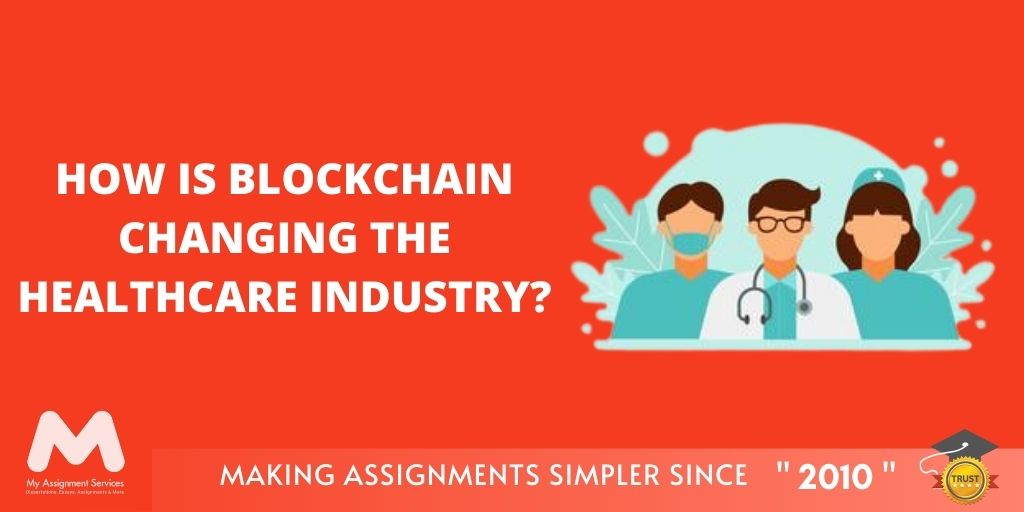
Initially, when you read the word "Blockchain", the next term that pops up in your mind is definitely "bitcoins" or "NFTs". You're not wrong to think this way; blockchain technology originates from bitcoins. It is now a standard part of various government systems. Whether finance, sales, or blockchain in healthcare ensures secure data access.
In addition, the healthcare industry is among various disciplines incorporating technology. Information management is made easy with this technology. Common features include easy access to data, regularisation, security, and transparency. But, how is a technology that emerged in 2009 for cryptocurrency useful for managing patient records?
Let's dive deeper and learn all there's to know about the use of blockchain in healthcare. This blog uses sample cases of blockchain in the healthcare sector to explore the different areas of advancement.
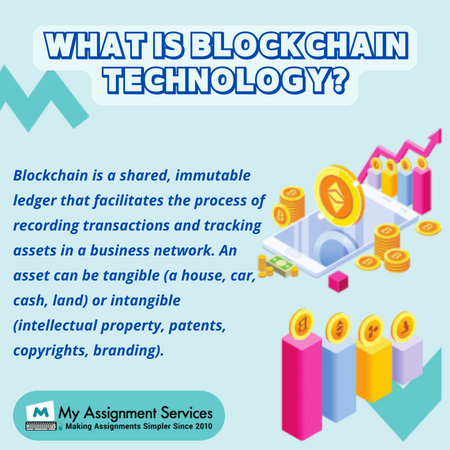
What is Blockchain Technology?
It is a finance-oriented technology that stores transactional records. The finance records are called a 'block', and the public database that incorporates a block is the 'chain.' The blockchain is a joint DTL or distributed ledger technology. Since everyone accesses these records, it is nearly impossible to forge them.
In layman's language, blockchain in the healthcare sector is a shared database. Every member of the blockchain has access to the entire database. Every transaction in the blockchain proceeds only after the owner's authorisation/digital signature. Thus, this ensures that the data is authentic and can't be tampered with.
The word 'Blockchain' was first used by Satoshi Nakamoto in the world's largest Bitcoin forum, The Bitcoin Talk. He defined it as a 'proof of work' chain. - Fortunly
Hence, the Blockchain in Healthcare is highly secure. Various industries use blockchain technology, originating from the bitcoin blockchain - developed in 2008. The only common denominator among all blockchain types is that they decentralise trust. Moreover, Blockchain in healthcare is useful for more than just financial transactions.
In fact, Nursing is a field of extensive study and practice. You may excel in your labs, but writing clinical reports and care plans are prime. For that reason, get nursing care plan assignment help from industry experts. Enrol today to get affordable assignment help and free access to our digital academic repository. Fill out the enrolment form today.
Is the Use of Blockchain in the Healthcare Sector Advantageous?
The use of blockchain technology in health care is to store and exchange patients' medical records. The hospital administration, pharmacy firms, diagnostic laboratories, and physicians can access medical records for diagnosis. Blockchain accurately serves to identify data errors and enables confidential data exchange.
Thus, a useful blockchain technology's benefits in healthcare are optimal performance. Healthcare professionals use blockchain to enhance diagnosis and gain insights for effective treatment. This datasheet is significant throughout every hospital department for every authorised personnel to access it.
Additionally, blockchain technology's benefits in healthcare are improving data efficiency for medical purposes. It discards the fear of medical records forging globally. A unique data storage pattern ensures the highest security level and helps detect any manipulation. Offers accountability via a versatile interconnected system.
In healthcare blockchain technology, various Enablers, Capabilities, and the Joint Work-Flow Process directly support healthcare globally. As a result, it portrays a pivotal role in the current health informatics adapted at public and private levels. Besides, the federal sector especially turned to blockchain technology as it paces the diagnosis process.
The market worth of the blockchain technology industry is $4.9 billion in 2021, which will increase up to $67 billion by 2026 - Medium
Many of the Australian population turn to public healthcare that the federal/state government funds through tax and offer low costs or free service. Hence, managing a large number of patients is effectively done through blockchain. This technology interconnects the patient's medical and insurance records. Making it easier for the patient and the hospital to provide effective healthcare.
What are Some Real-Life Cases to Explain the Use of Blockchain in Healthcare?
Furthermore, in most cases, blockchain technology does not require interference from a third party as the transaction is managed between the two parties - the patient and the administration/healthcare provider. It ensures transparency and confidentiality. The parties involved trust one another digitally to receive the desired outcome.
The most effective blockchain are still the one operate the cryptocurrency system, yet here's how blockchain technology is enhancing the healthcare system:
1. Supply chain transparency
The newest trend in the healthcare industry is remote healthcare. But, the authenticity of the medicines goods poses a challenge to remote care systems. Block technology tracks such goods from the manufacturing and at each successive step.
2. Patient-centric electronic health records
The healthcare providers and the patients struggle to trace previous medical history. Such data is essential in diagnosis and treatment. Also, it is necessary when you buy/renew your health insurance. Blockchain store data with ease and are easy to retrieve at any time.
3. Smart contracts for insurance and supply chain settlements
In addition, the supplier and insurers in a medical setting are necessary. Such services fundamentally provide the medical tools and insurance policy for the patients. A blockchain helps keep all such services interconnected.
4. Medical staff credential verification
Sometimes, patients wish to verify the credibility of their healthcare provider. Blockchain technology in healthcare helps the user with such issues. This makes the user experience more secure and reliable. Further, the medical staff can also know about the patient's insurance status and past medical history. Transparency is important for effective healthcare.
5. To Track any disease breakout
Indeed, the pandemic proves how an interlinked medical system is a key to tracking diagnosis and cure methods for the population. A blockchain is apt to connect the global Medicare system and track disease breakout.
WHO (World Health Organisation) defines health technology as - "the application of organised knowledge and skills in the form of devices, medicines, vaccines, procedures, and systems developed to solve a health problem and improve quality of life".
Meanwhile, blockchain technology is used across many sectors, yet the IoT security for healthcare management is still developing. A blockchain is a useful tool, yet the security aspect needs improvement. For remote care, the end-to-end security system is still not ideal for being cost-effective or reliable. So what the future entails for blockchain in healthcare?
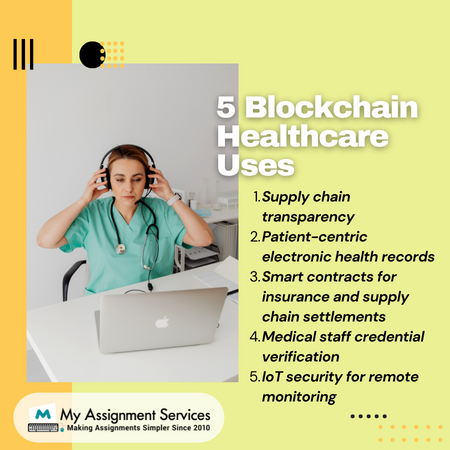
Blockchain as the Future of Healthcare Management
Blockchain in the healthcare sector incorporates some great prospects for advancing the healthcare industry. The primary factors for the same are the feasibility, desirability, and the wide range of services available through such systems. It is a viable technology that integrates healthcare informatics. Apt to effectively manage the vast healthcare data offered leeway to overcome the challenges in the healthcare sector.
Lastly, blockchain technology extracts the maximum output from the minimal data collected. It makes the process in healthcare fast. Healthcare providers can focus solely on the diagnosis and treatment work at hand through additional features like machine learning (ML) and artificial intelligence (AI). AI and blockchain go hand-in-hand, and they are very well the future of medicine currently; we witness them as surgical robots.
As a nursing student, you must complete assignments, case studies, research projects, clinical reflection essays and more. If you fall short of finding the right resources, just fill out the enrolment form to get top-quality aged care nursing assignment help and free academic resources. Enrol and get a guidebook in your inbox today!
Related Study Materials
Our Experts can answer your Assignment questions instantly.
Ask Question0 Comment
Get It Done! Today
1,212,718Orders
4.9/5Rating
5,063Experts




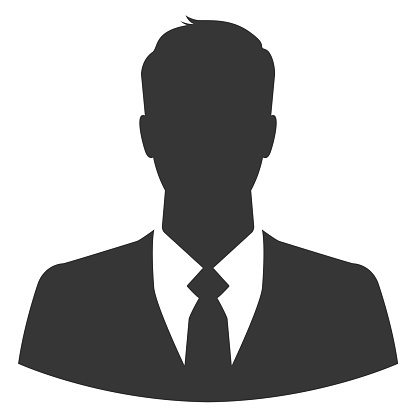
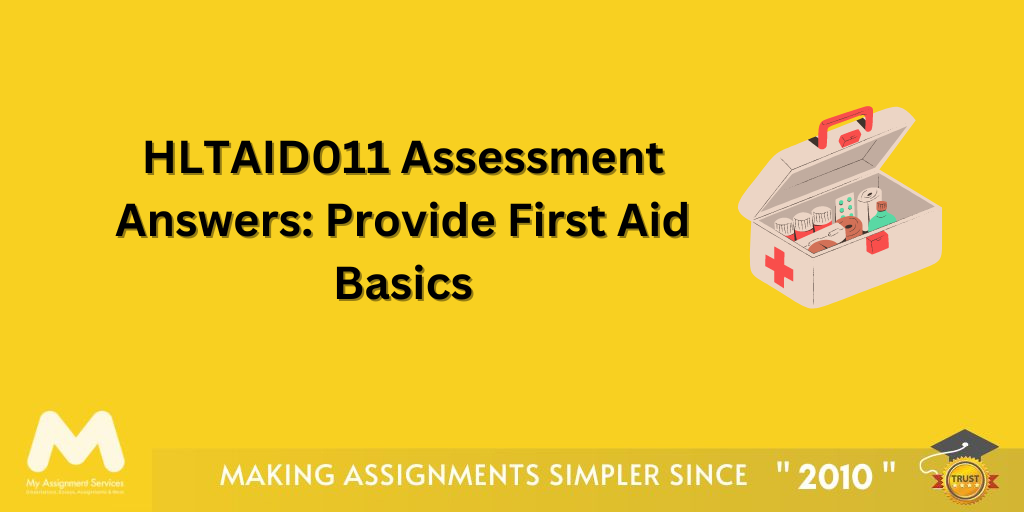
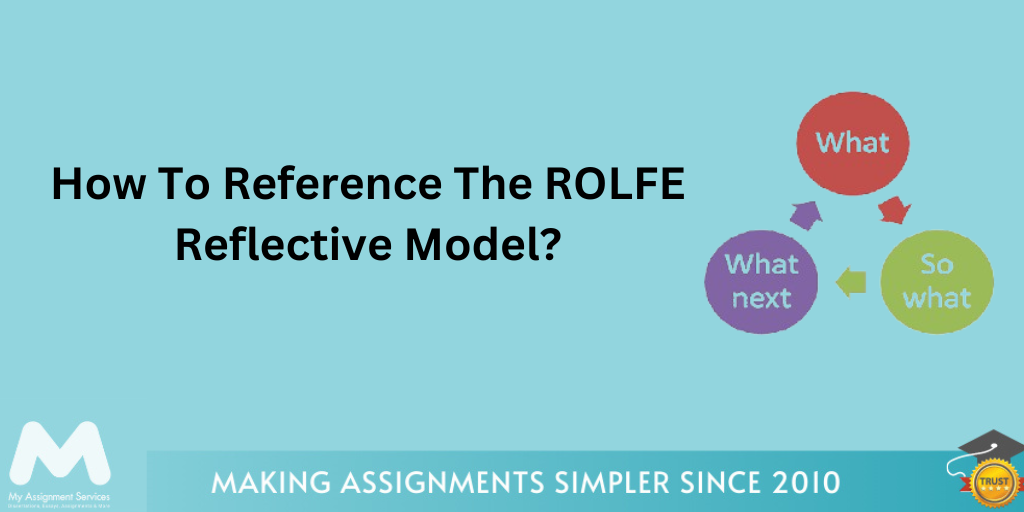
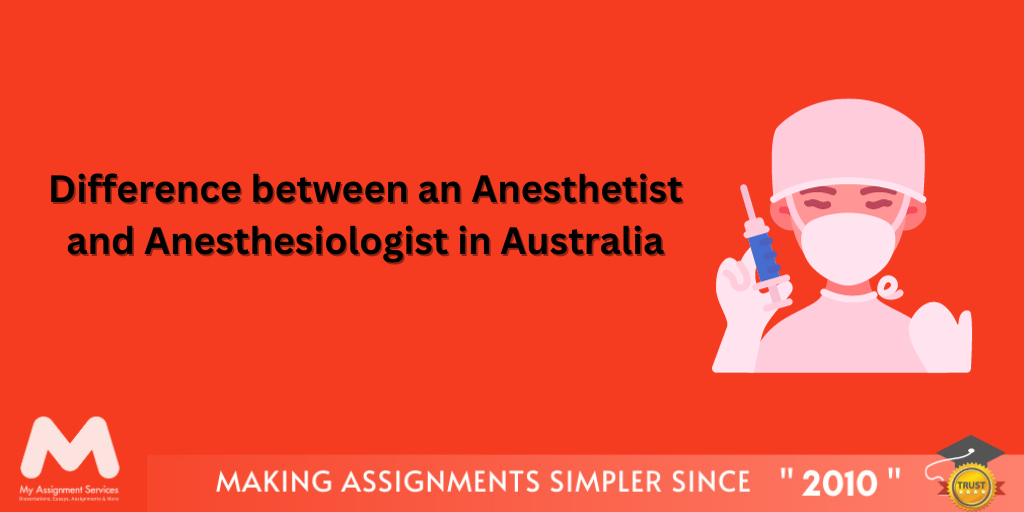





Loved reading this Blog? Share your valuable thoughts in the comment section.
Add comment